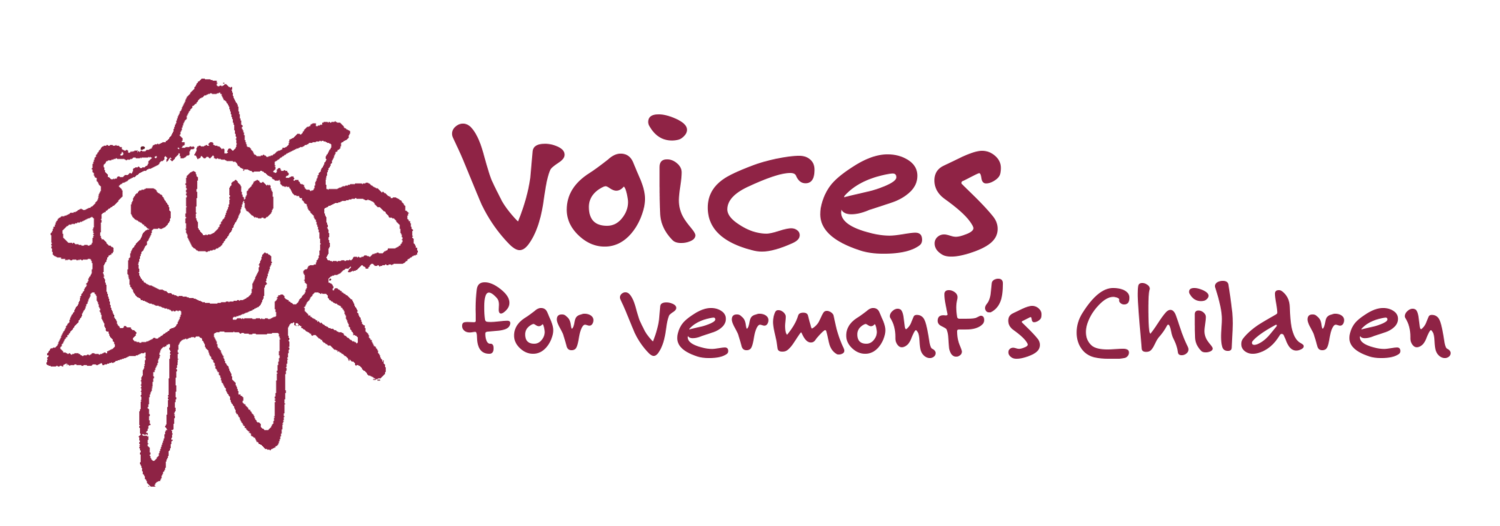Reflecting on the Journey
Back in 2012, when the original PYC project began as “Parents for Change,” the first issue campaign that “New American” families took up was student placement. After dozens of 1-to-1 and group meetings, and a series of research meetings, newly immigrated community leaders from Somalia, Burundi, Bhutan, and many other countries in Europe, Asia, the Middle East and Africa, came to the conclusion that while age played a major role in grade placement in the Burlington School District, it was not necessarily an accurate indicator of how proficient a student was in any given subject or what their skill level may be.
To address this issue, community leaders who were new to the American public education system came up with the brilliant idea of using a color coding framework to cross reference a student’s “grade” in a particular course, with the “grade skill level” of a student in reading, math, science, etc.
It took a lot of perseverance on the part of these folks to organize among themselves, and persuade school administrators that this new tool was an important change that needed to be made in order to communicate more clearly to families a student’s academic standing. They volunteered countless hours to try and improve upon a system that was not working for their children, and it worked.
From Parents for Change to Parents and Youth for Change
As 2014 came around, the next issue that arose was “college and career readiness,” and after a similar process as the prior issue campaign, an advisory program at the high school was identified as a means for improving outcomes as it relates to college and career readiness. The purpose of advisory was based on the premise that a robust advisory program, if implemented with fidelity, could provide every student with:
- An adult that knows them well, and a point person for parents/guardians to connect with.
- An opportunity to build community.
- The time and space to support students in working toward their academic and personal goals and post-high school plans.
- The time and space for students to develop their voice.
What was remarkably different about the advisory issue, in comparison to the first issue, was both the breadth and depth of its intended impact and the people leading this charge. Students and recent graduates of Burlington High School (BHS). Student organizers led a listening campaign that engaged one hundred students at the high school, and PYC organizers met with approximately eighty BHS faculty and staff on the topic of creating an advisory program there while BHS administrators and the Partnership for Change contributed additional support toward an advisory program that would meet the needs of as many stakeholders as possible.
Parents/guardians will always be critical to organizing for school reform. Yet, in this case, students were the closest to ‘feeling the pain’ of not feeling on track to be college or career ready, so they were the most effective leaders to bring about this change. That is how Parents for Change became Parents & Youth for Change (PYC).
PYC 2018-2019
From 2012 to 2018, the Nellie Mae Education Foundation’s District Level System Change has invested a significant amount of resources to create student-centered learning systems in the Burlington and Winooski school districts. Now in its final phase, PYC is poised to continue its work beyond the 2018-2019 fiscal year with a sustainability plan and very ambitious objectives. One of those objectives is to build and sustain power with families from low-income communities seeking to be equal partners in the design, implementation and evaluation of student-centered learning practices.
To inform the PYC sustainability plan we interviewed and organized focus groups with numerous
stakeholders in our public education system, and there was at least one recurring theme that arose in our learning over and over again. The demand for community organizing with families to improve educational opportunities and outcomes is far greater than the supply of resources to support such efforts.
It is with this lens that PYC approaches its work with both conviction and humility.
